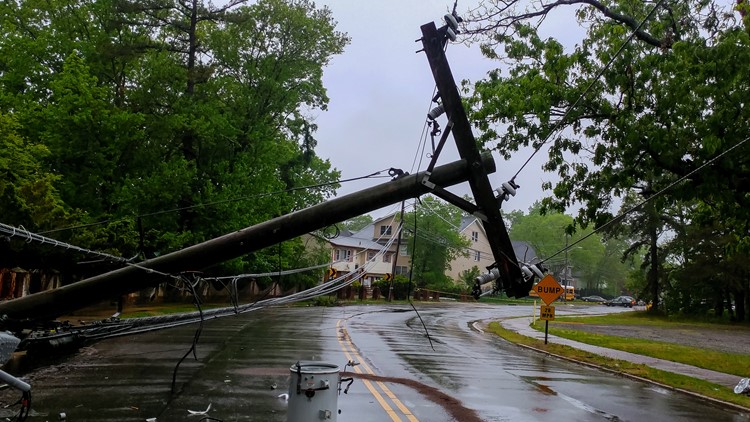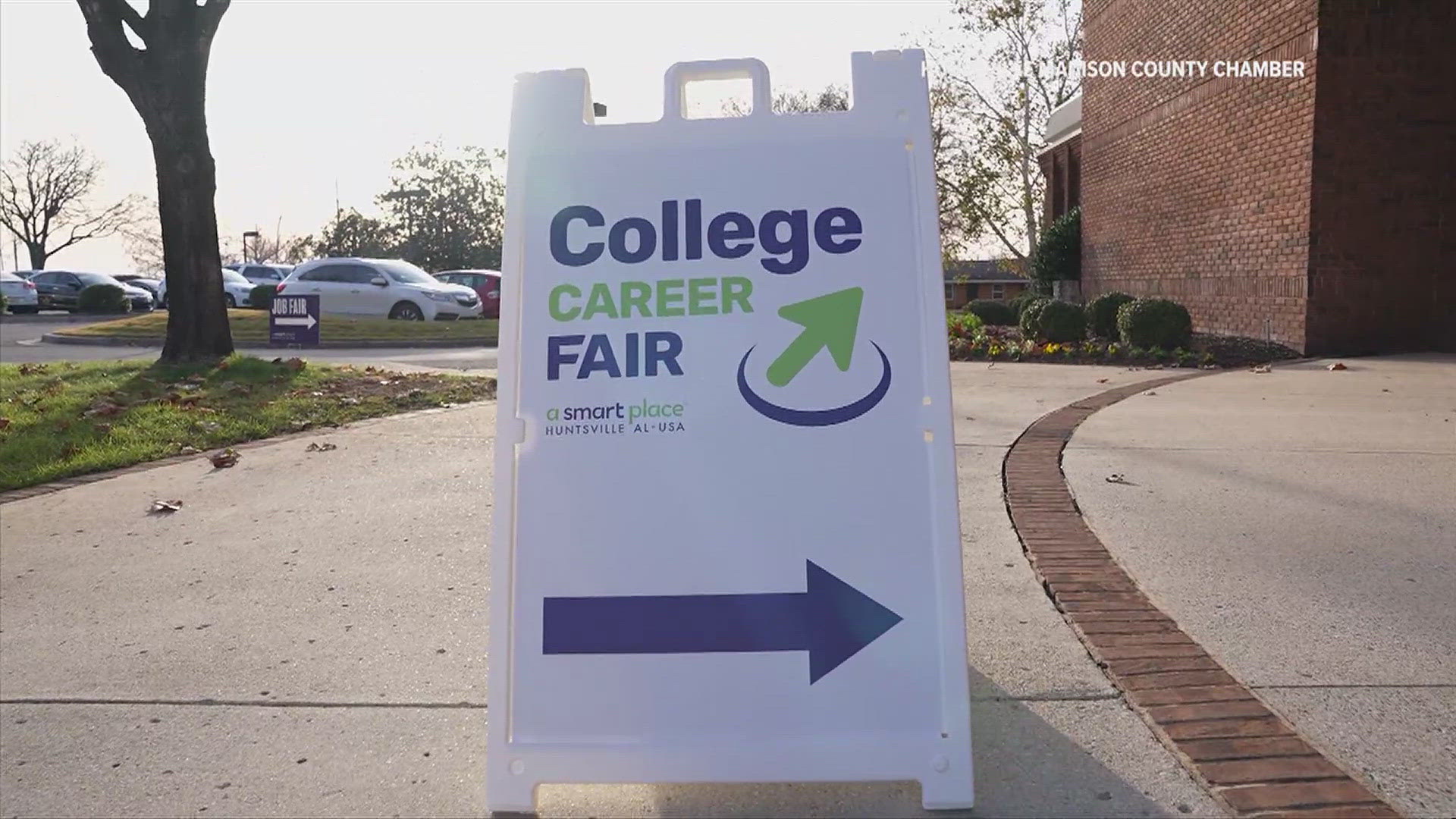HUNTSVILLE, Ala. — In the height of the summer storm season, area power providers have had to go out frequently to repair damaged poles and downed lines. That leads some residents to wonder - is it cost-effective to make these mass repairs? Would it instead be more beneficial to bury power lines underground?
We took that question to Huntsville Utilities and Communications Director Gary Whitley.
"For new residential construction, each individual municipality and entity through their subdivisions regulations determine how those lines are installed and where," Whitley said. "In the city limits of Huntsville, subdivision regulations state that all new construction, new residential construction have underground utility, electric utility service."
For city-owned property, that decision is based on location and subdivision regulations. In all cases for new property, the developer foots the cost to have those lines installed.
As for existing properties, converting overhead lines to underground is possible... but at a substantial cost to you, the homeowner or business owner.
"To convert those lines, we would have to do it block by block," Whitley explained, "and each of those residents would have to bear that cost [...] in addition to having their weatherhead converted to underground, as well as a separate individual cost."
Whitley goes on to say the transition would cause a trickle-down effect, because other services are attached to those poles, and converting those can lead to more costs.
"Other providers could also charge a cost for changing to underground service that are also on the pole. That could be communications, telephone, cable as well."



